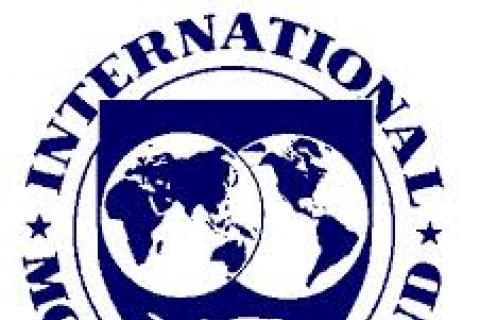A new study by the World Resources Institute of the UN Food and Agriculture's (FAO) latest assessment of the world's forests reports that deforestation may not be slowing down and may have even increased in the tropics.
"FAO's own data show that the loss of natural forests in the tropics continues to be rapid," said Emily Matthews, author of the new WRI study, Understanding the Forest Resources Assessment 2000. "For FAO to say that global deforestation is slowing down is misleading given the differences in the regional and subregional conditions of the world's forests."
Other information
The so called "free trade" is in reality but the granting of unlimited power to transnational companies to govern the world to the detriment of the vast majority of humanity and nature. Forests worldwide are menaced by the process of liberalization of the economy which tends to weaken yet more the already feeble public controls on logging.
The Global Forest Coalition is an informal coalition of NGOs and Indigenous Peoples’ Organizations engaged in the global policy debate related to forests, established at the last session of the Intergovernmental Forum on Forests (IFF) in February 2000.
The first issue of "Forest Cover" --the newsletter of the Global Forest Coalition-- was published in January 2001. The issue includes the following articles:
Verónica Yépez, from the Ecuadorian NGO FUNDECOL, sent us a message in relation to an article published in WRM bulletin 43 (“Ecuador: action to save the mangroves in Guayas”). She thanks us for having publicised the issue and makes some clarifications about the information provided in the article.
As part of a social uprising that has brought Ecuador to a virtual standstill, a growing number of protesters from environmental and human rights organizations have occupied the offices of the International Monetary Fund (IMF) to protest the IMF's role in Ecuador's current social crisis.
The World Bank's Forest Policy Implementation Review and Strategy process (FPIRS) is entering its final stages. After having received input from numerous stakeholders throughout the world, the Bank suddenly appears to be less willing to share its draft new policy for meaningful input from all those engaged in the process, before presenting the policy to the Bank's Board of Executive Directors for its final approval.
The World Bank has been drafting a new resettlement policy for the past three years. After a long period of external consultation, a revised policy has now finally been submitted to the Bank's 'Committee on Development Effectiveness', but it was not accepted and is now to be reconsidered internally.
A leaked copy of the draft policy shows that it retains serious deficiencies:
One of the issues that has not been addressed in the discussions about the World Bank's future Forest Policy and Strategy is that of the Bank's position regarding genetically modified organisms. This needs to be urgently addressed, particularly because the following information is generating concern within the environmental movement:
- Although the subject of genetically modified organisms has become one of the most visible environmental debates, the World Bank’s latest annual environmental report chooses to be silent on the issue.
The World Commission on Dams (WCD) released its report on November 2000, after having carried out detailed studies and surveys on a number of large dams throughout the world. What follows are quotes from the sections "People and Large Dams" and "Ecosystems and Large Dams." The full report --in several languages-- is available at: http://www.dams.org/report/
The international and national dam lobbyists have been fast to adapt their discourse to the changing world situation. Given the widespread concern over climate change related to greenhouse gas emissions, dam promoters are now stressing that hydroelectricity is a clean source of energy, thus being the best candidate to substitute fossil fuel-based energy sources. But: is it really clean?
Many people around the world are preparing an International Day of Action Against Dams and for Rivers, Water and Life, which will take place on March 14th, 2001. Last year, nearly 70 actions took place in 26 countries to celebrate the Day of Action. From Australia to Uganda, tens of thousands of people participated in demonstrations, rallies, educational events and ceremonies. Even more people are expected to participate this year.
Official documents adopted by more than 178 Governments at the United Nations Conference on Environment and Development (UNCED) - the Earth Summit, held in Rio de Janeiro, Brazil, 3 to 14 June 1992:
Documents


